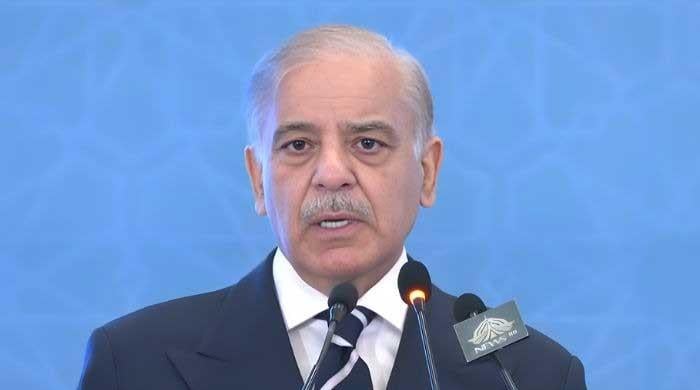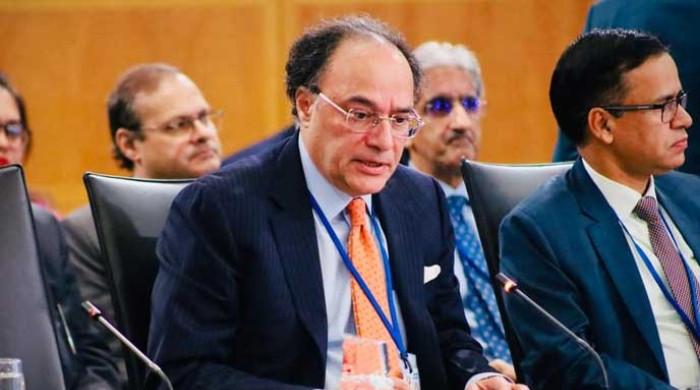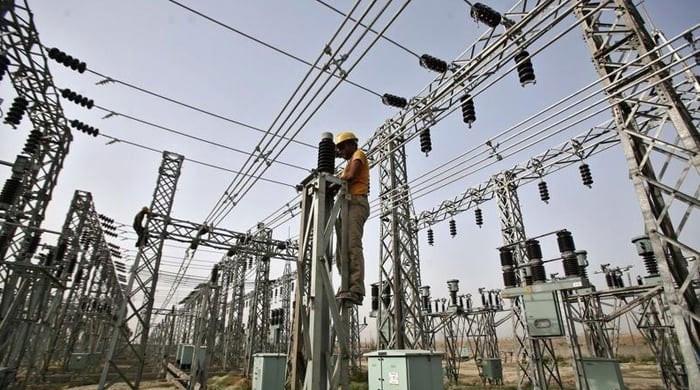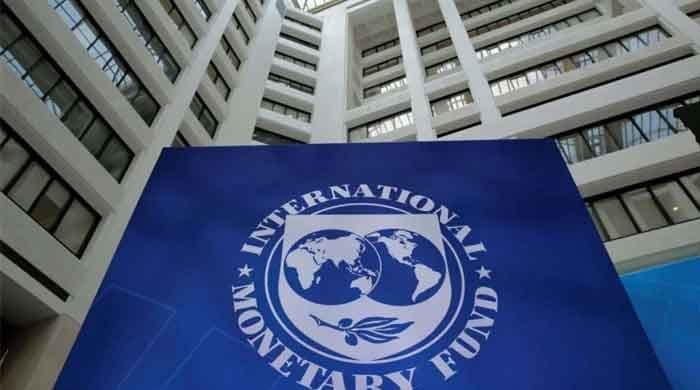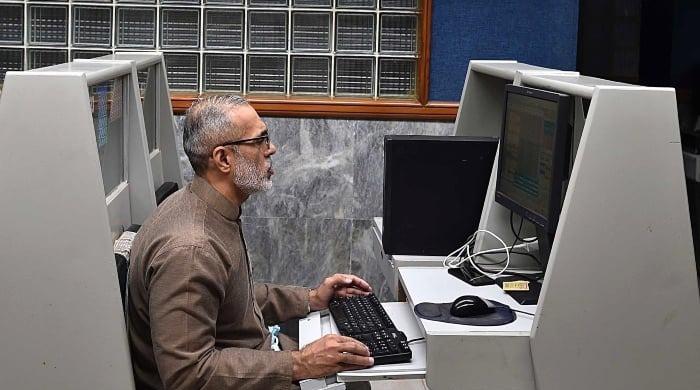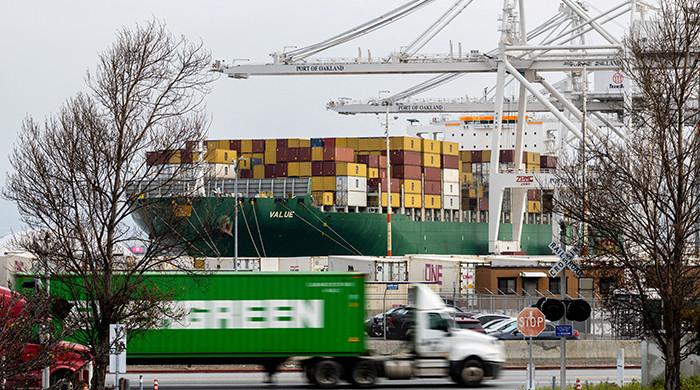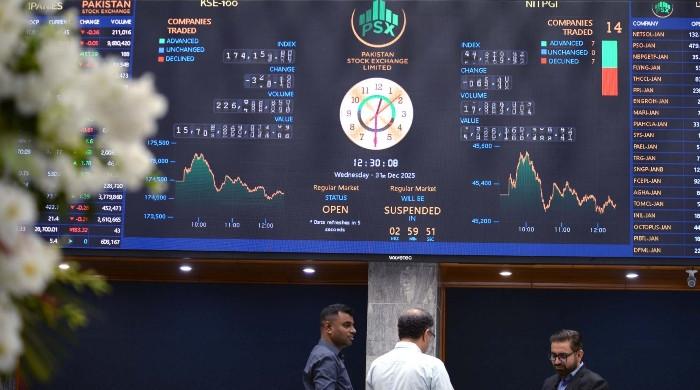Inflated electricity bills: Finance minister says economy comes first, not IMF
Shamshad Akhtar says government had provided relief to power sector for a long time
August 30, 2023

- Finance minister says government to follow IMF conditions.
- Highlights that govt finding it difficult to meet its expenses.
- Govt had provided relief to power sector for a long time: FM.
As the consumers continue countrywide protests against inflated electricity bills, Caretaker Finance Minister Shamshad Akhtar has said that for her, Pakistan's economy comes first rather than the International Monetary Fund (IMF).
Speaking to the media following a meeting of the Senate Standing Committee on Finance on Wednesday, Akhtar said that the incumbent government will have to implement the conditions set by the global lender.
Her comments come as Pakistan is gripped by high inflation, especially exorbitant electricity bills leading to nationwide protests for the last five days with the people publicly burning bills and refusing to pay them.
The caretaker government, which called an emergency meeting following the protests, was unable to come up with a solution to provide immediate relief to the people and decided to seek the IMF's nod before approving any proposal.
The cabinet meeting presided over by caretaker Prime Minister Anwaar-ul-Haq Kakar discussed proposals to provide relief the consumers consuming up to 400 units per month for the months of August and September.
After attending the cabinet meeting, caretaker Information Minister Murtaza Solangi said the government would announce the decision after taking the IMF on board within the next few hours.
Later, sources told Geo News that the Washington-based lender asked Pakistan to share the plan in writing to provide relief in electricity bills.
Akhtar said that the government had talked to the IMF and assured the lender that it would follow the agreement signed by the previous government.
"We will follow the conditions set by the IMF in agreement with the last government," said the interim finance minister, adding that the government had provided relief in the power sector for a long time.
Addressing a meeting of the Senate’s Standing Committee on Finance, Akhtar said that the government would speed up the privatisation process.
She added that about 70% of Pakistan's tax revenue was being spent on debt repayment, highlighting that the government is finding it difficult to meet its expenses.
Akhtar also emphasised that Pakistan would get assistance from friendly countries with the IMF loan, adding that the incumbent government was focused on the outflow of dollars and internal strengthening.
She assured the government's resolute in solving the problems of the country by using its all capabilities, asserting that the caretaker setup will sincerely work for the betterment of the common man.
The finance minister added that it was important for Pakistan to get economic stability and eliminate fiscal deficit. She also said that they would give a briefing on economic stability by the end of next week.
Incensed citizens, already battered by skyrocketing inflation continue to take to the streets protesting against massive hikes in electricity tariffs and increased taxes in several cities including Karachi, Sialkot, Multan, Muzaffargarh, Mandi Bahauddin, Gujranwala, Hyderabad, Gujrat, Okara, Shahkot and Abbottabad.
Those attending these demonstrations include members of the civil society — both men and women — traders, farmers, and members of the legal and business fraternities.
Major political parties including Jamaat-e-Islami (JI), Pakistan Peoples Party (PPP) and Muttahida Qoumi Movement-Pakistan (MQM-P) have voiced their concerns and called for protests against the bills.
JI Ameer Siraj-ul-Haq also announced a nationwide strike against the bills on September 2 (Saturday), adding that a historical rally will be held in Rawalpindi on September 1.




